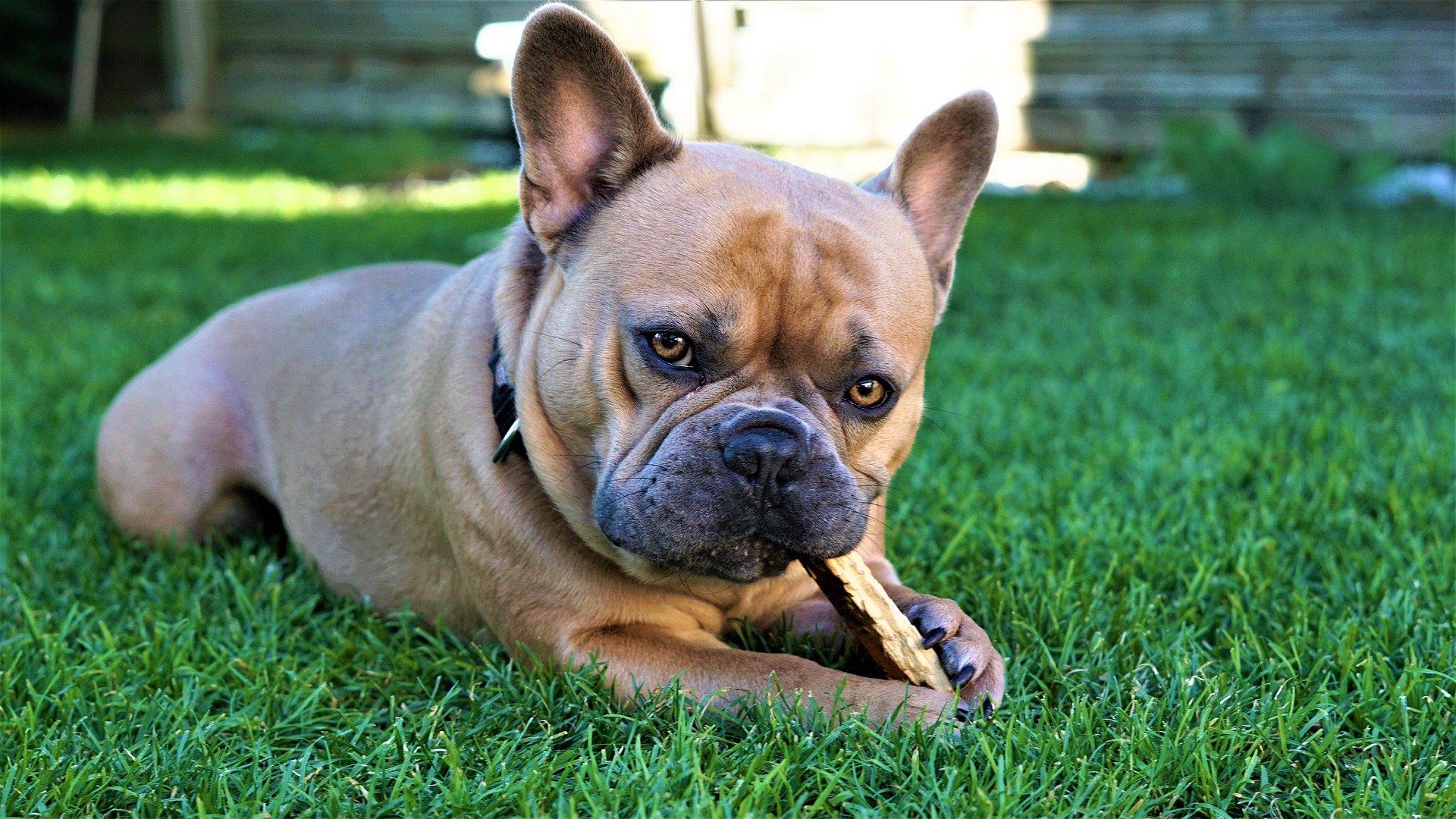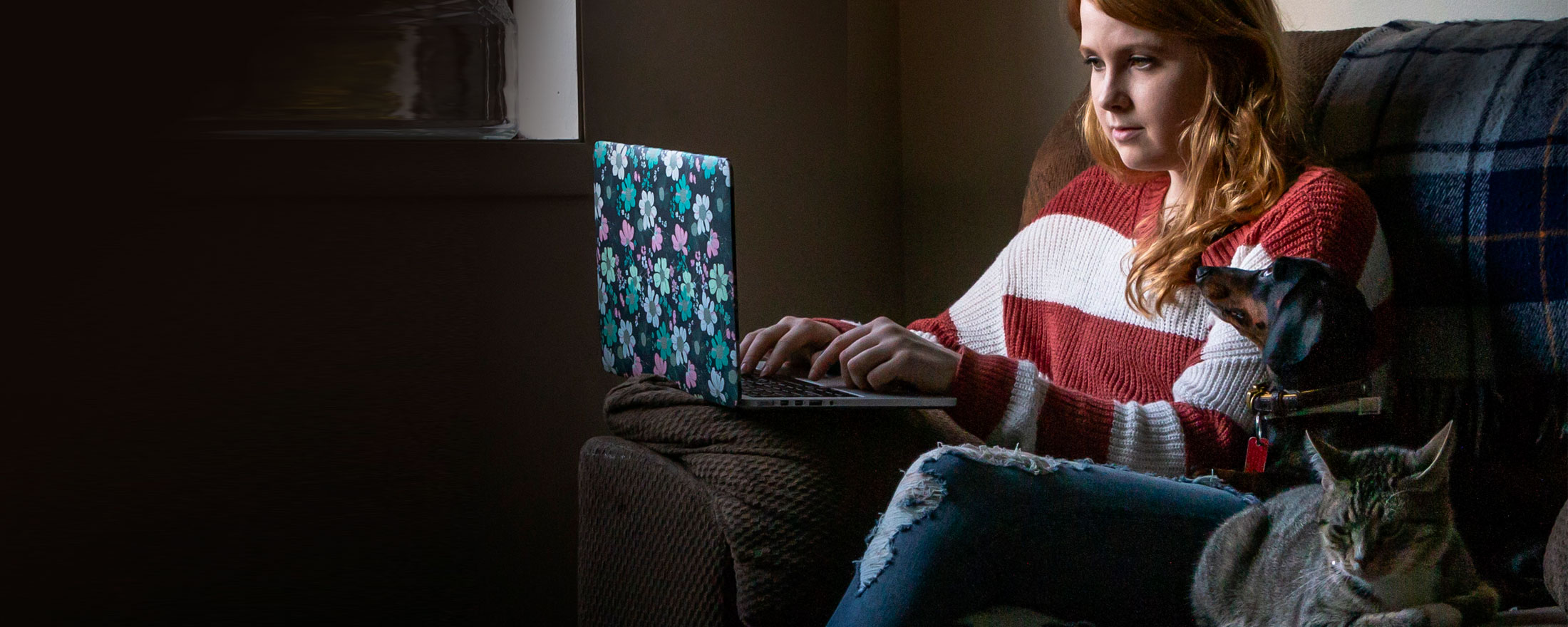
21 Apr Excessive Chewing in Dogs: Knowing the Difference Between Play and Pain
Excessive Chewing in Dogs: Knowing the Difference Between Play and Pain
Your pet has found the chew toy or bone of his dreams. Hours pass, then days, and you start to wonder: how much chewing is too much? Chewing is very functional and natural for dogs. Much like human babies, puppies need to teethe. Dogs may also chew for entertainment and to treat anxiety. Our team at Animal Dental Care and Oral Surgery in Loveland wants you to understand that excessive chewing in dogs can lead to painful dental problems, so it is important to monitor.
How can my dog chew for so long?
Dogs’ teeth were designed to chew. Their carnivorous ancestors used their teeth as tools to chew and gnaw food. Typically when dogs chew, they use their back teeth or their canines and premolars. Much like the human canine teeth are sharp and designed to tear meat and crack through bone. This allows them to chew effectively for longer periods of time.
When is it a problem?
Animals are rough on their tooth enamel. It is possible for your dog’s teeth to dull over time or chip if they chew something too hard or start chewing excessively. Chewing becomes a problem long before it may start to cause pain.
What can I look for?
Unfortunately, our pets can be very good at hiding pain. Pets with oral pain will often shift food to the opposite side of their mouth to chew. When brushing your dog’s teeth, you may notice plaque and calculus accumulating on the painful side since that area is not getting the benefit of increased saliva flow from chewing. This unevenness of plaque and calculus accumulation is a good indication that a painful process is taking place. Dogs may also stop eating entirely if they are experiencing severe oral pain. You may notice him rubbing or pawing at his face or crying when his mouth is open.
Dog Dentist in Loveland
Seeing our pets in pain can be scary. We’re here for you to assure that you get the best care possible when it comes to excessive chewing in dogs. Even if your dog is not in pain, proper dental health is important for maintaining a healthy and happy pet. If you have any questions or concerns about your dog’s teeth or concerns about oral pain, call Animal Dental Care and Oral Surgery in Loveland at (970) 614-4307 or contact us online today. We are currently offering “curbside appointments.” Please see our COVID-19 update for more information.
Image by Mylene2401 from Pixabay (4/20/2020)

